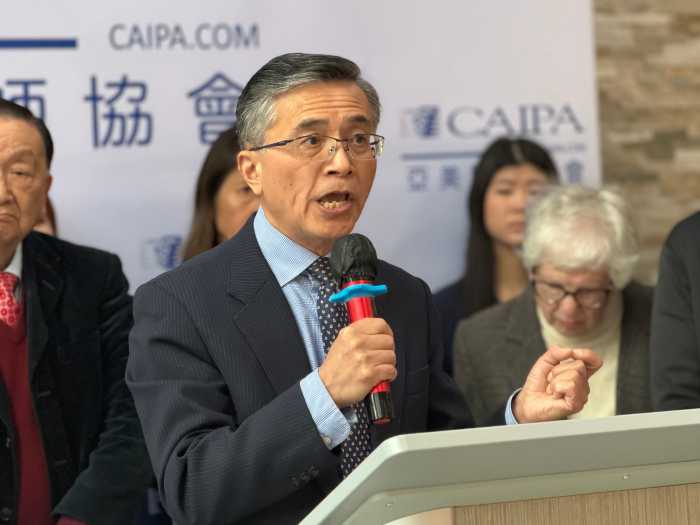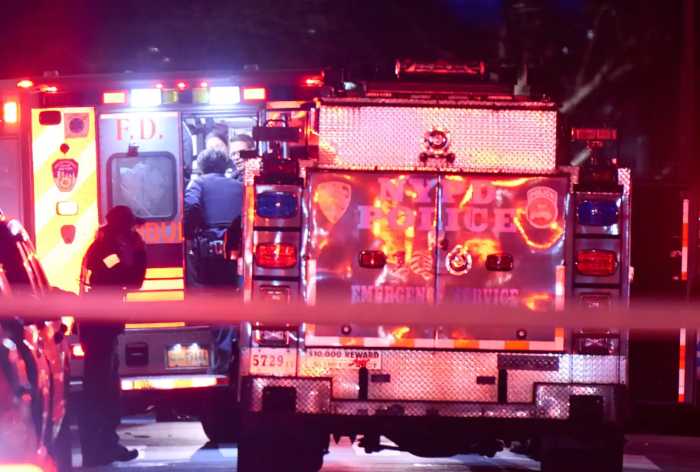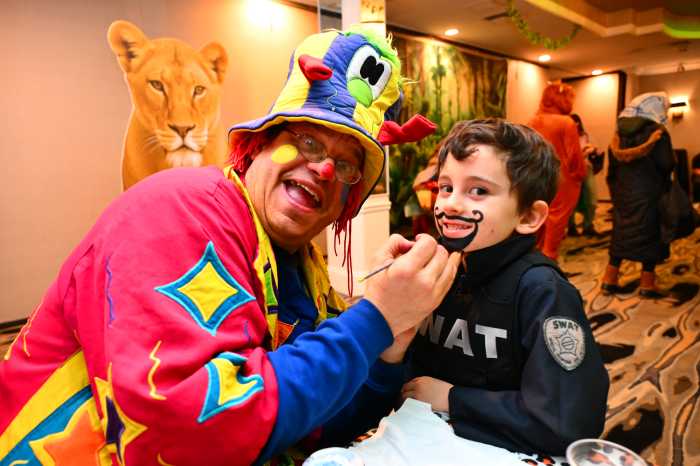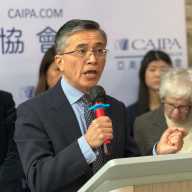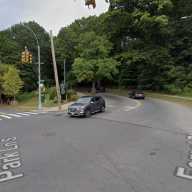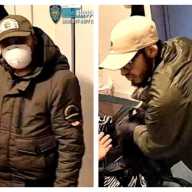As COVID-19 relegated most people to their homes, one doctor and his team made sure that those in need of cardiovascular care still received it.
From their 40-foot medical van, Dr. Perry Frankel and his team at Advanced Cardiovascular Diagnostics (ACD), traveled across New York City and Long Island to visit with quarantined patients in need of cardiovascular care over the past several months. Frankel made several visits to Queens, during which he was accompanied by Councilwoman Adrienne Adams and Assemblyman David Weprin.
“There are people whose lives depend on regular cardiovascular care,” Frankel said. “When the stay at home order was put in place, we knew that there would be people in need of this care, and unable to get it because of office closures, the increased burden on local hospitals, and the inability to travel. We stepped in and worked with local elected officials to bring our bus to where patients needed us most — and we even saved some lives.”
Over the last 100 days, Frankel and his team have administered 1,800 antibody tests, visited communities across the region and diagnosed various cardiovascular conditions, according to the doctor. About 38 percent of the patients Frankel’s team served lacked health insurance but were treated for free in order to reduce the burden on area hospitals, Frankel said.
“Coronavirus presented New York residents with a lot of difficult circumstances. Dr. Frankel’s willingness to go from community to community to see patients in need not only alleviated some of their fear — but it’s likely that he saved lives and prevented additional stress on the healthcare system in a very challenging time,” Weprin said.
For his work, Frankel received commendations from Congressman Tom Suozzi and state Senator Leroy Comrie.
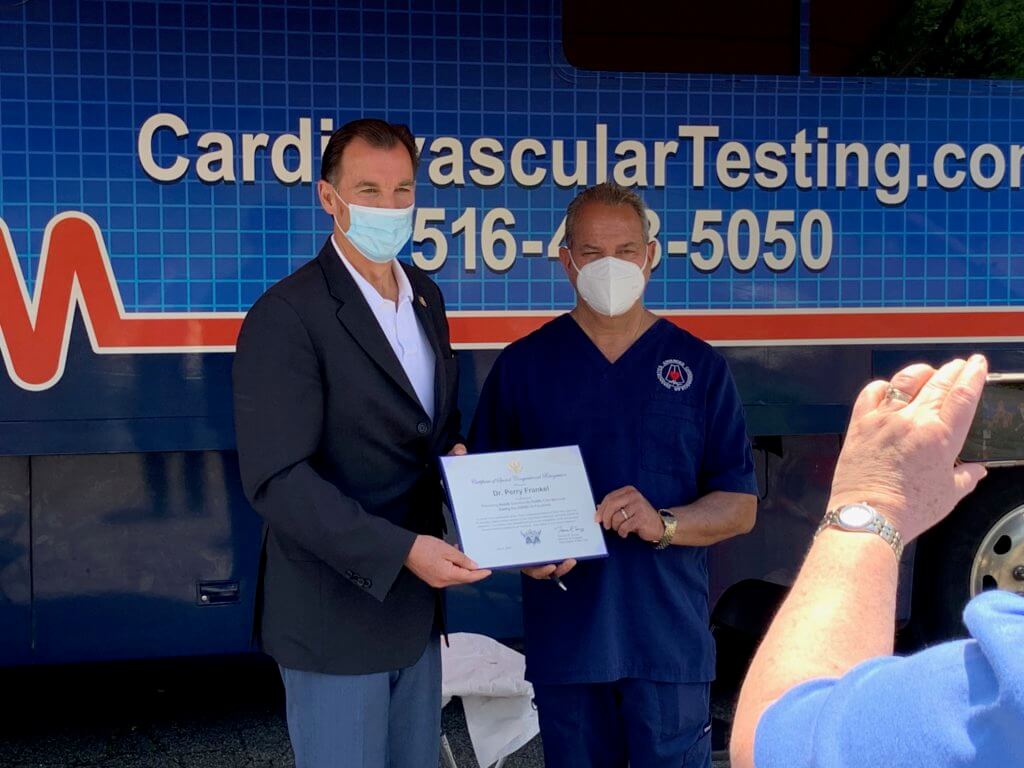
During more normal times, ACD’s mobil unit is used for on-site visits for police departments, corporations, churches and unions whose workers may have a higher risk for cardiovascular illnesses but have more difficulty taking time off to travel to appointments during regular business hours.
“As demands grew for coronavirus and antibody testing, we expanded our services to offer that too,” Frankel said. “We were visiting so many underserved communities and it became clear that they needed that testing as much as the preventative care for preexisting conditions — so we adapted and delivered whatever care was necessary.”


